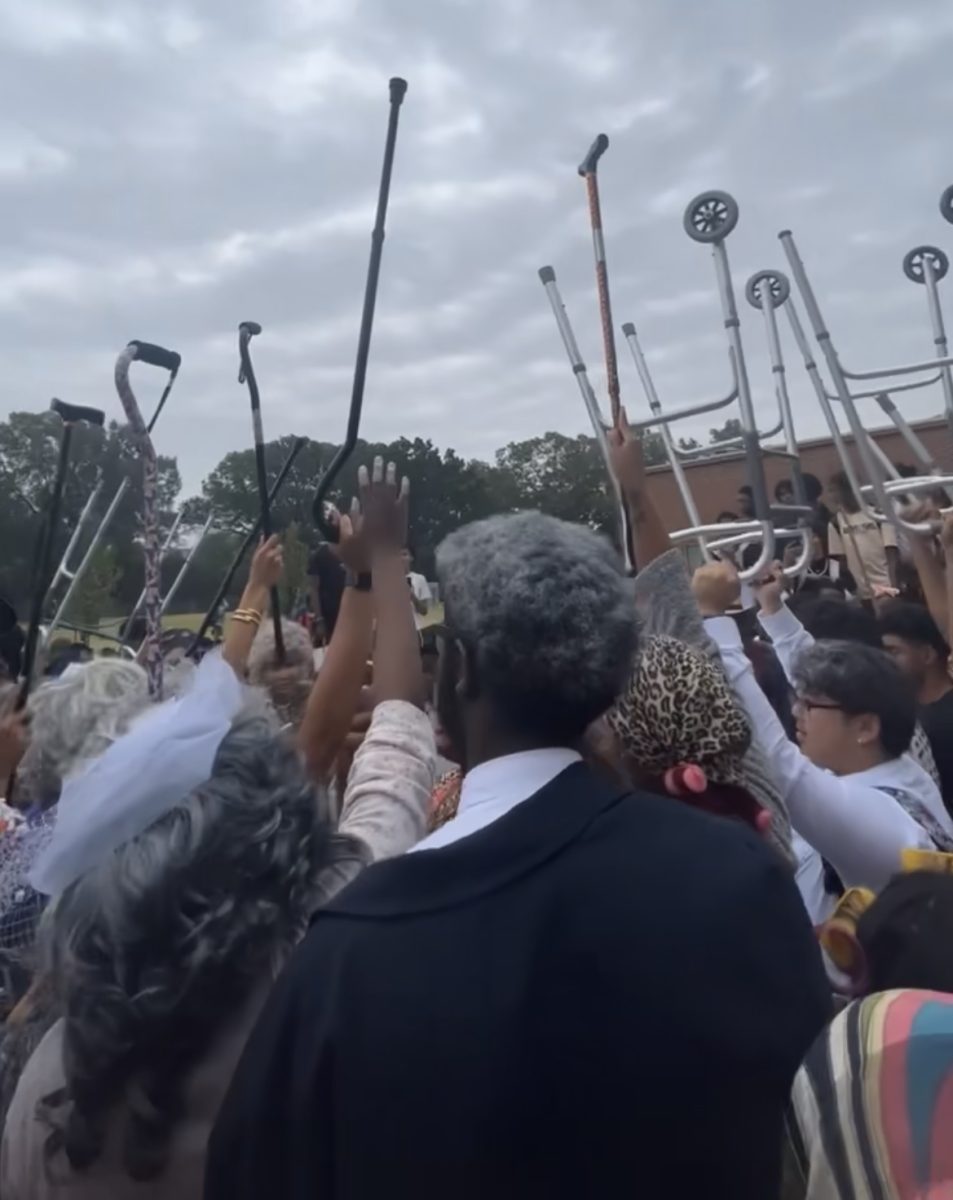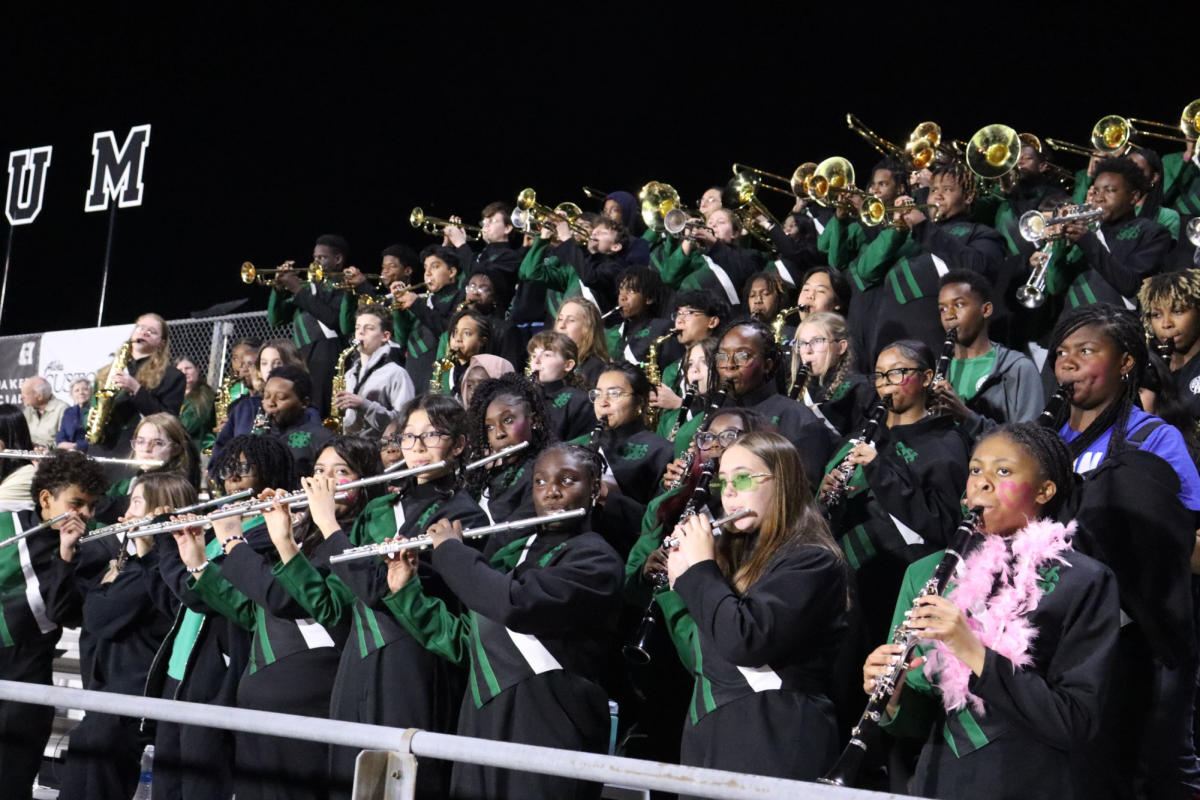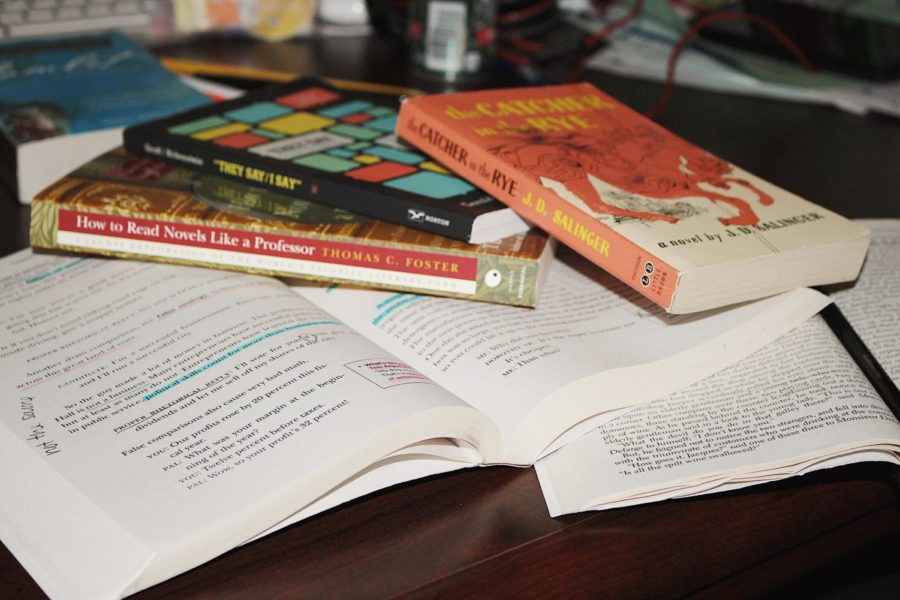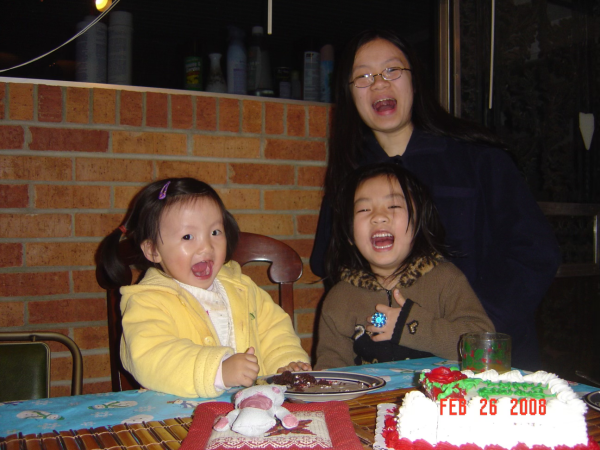Summer work: working hard or hardly working?
Summer work is different for each type of class; for example, English classes tend to assign books to read and analyze.
The last bell on the last day of school signifies something students spend approximately 180 school days anticipating: summer break. Let freedom ring, indeed. However, much of this newfound liberty can be clouded by summer work.
The philosophy behind summer work is often called into question; while some argue it is integral to an efficient school year, others believe their summertime is better spent elsewhere.
Joanna Lawrence, who teaches AP Capstone and English III at White Station, sees the complexity of the issue from multiple perspectives. She assigned multiple texts, including F. Scott Fitzgerald’s “The Great Gatsby” and incorporated them into class discussions.
“All of them can engage with at least one of the texts, and we should be able to make a project out of it, in which case it has more value to them, and it’s not just a matter of buying a book to do an assignment,” Lawrence said.
However, Lawrence also recognizes that incompletion negates the purpose of these assignments, whether it is due to lack of resources or motivation. This gives insight into the way students view summer work.
“I think that teachers give too much summer work and that we do need to retain some information, but the amount that they give is excessive,” Gino Giorgianni (11) said.
Giorgianni is not alone in this opinion; other students also feel the drag of summer work, but one in particular sees the potential for improvement.
“I think there could be a way to make summer work more interesting so that students aren’t completing it at the last minute and finding it so boring: visit a library for two hours and have a librarian sign off on a form for English class, budget your “summer spendings” for math class or find and classify three rocks for science class,” Tayler Cole (12) said.
Cole’s idea could change the nature of summer work; until then, it is important to remember the positive way summer work can influence one’s academic career.
Your donation will support the student journalists of White Station High School. Your contribution will allow us to purchase equipment and cover our annual website hosting costs.


































